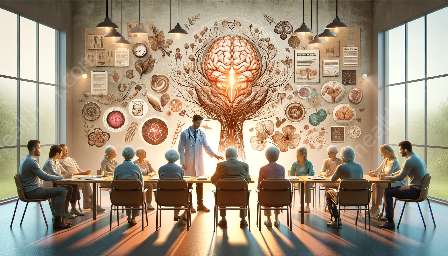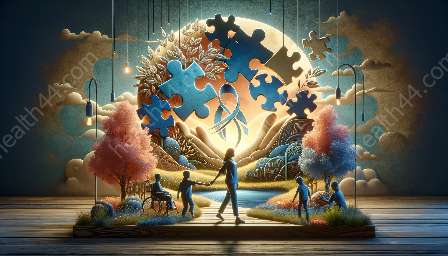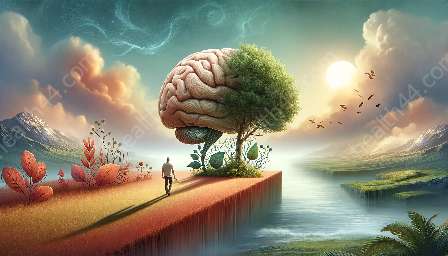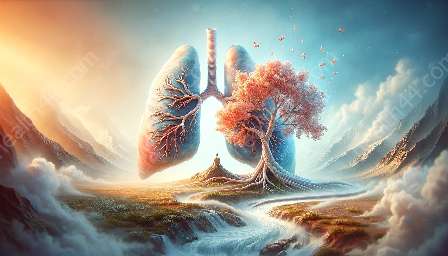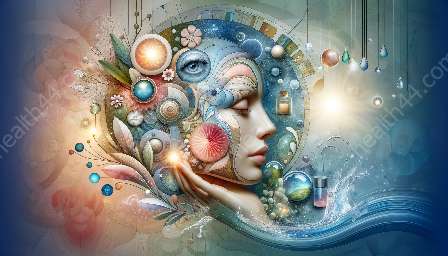Bipolar disorder, also known as manic depression, is a mental health condition characterized by extreme mood swings that include emotional highs and lows. These mood fluctuations can have a profound impact on a person's life, affecting their relationships, work, and daily activities. In this comprehensive guide, we will explore the complexities of bipolar disorder, including its symptoms, causes, and available treatment options. We will also address the importance of seeking professional help and support for individuals living with bipolar disorder.
What is Bipolar Disorder?
Bipolar disorder is a chronic mental health condition that causes unusual shifts in mood, energy, activity levels, and the ability to carry out day-to-day tasks. Individuals with bipolar disorder experience distinct periods of mania, hypomania, depression, and normal mood. These mood episodes are more intense than the typical ups and downs experienced by most people.
Types of Bipolar Disorder
Bipolar disorder is classified into several subtypes, including:
- Bipolar I Disorder: Characterized by manic episodes that last for at least seven days or are severe enough to require immediate hospital care. Depressive episodes typically occur as well, lasting for at least two weeks.
- Bipolar II Disorder: Marked by a pattern of depressive episodes and hypomanic episodes, but not the full-blown manic episodes seen in Bipolar I Disorder.
- Cyclothymic Disorder (Cyclothymia): Characterized by numerous periods of hypomanic symptoms and depressive symptoms lasting for at least two years (one year in children and adolescents).
- Other Specified and Unspecified Bipolar and Related Disorders: Include bipolar and related disorders that do not fit into the other specified subtypes but still involve clear changes in mood accompanied by manic and depressive symptoms.
Signs and Symptoms of Bipolar Disorder
The symptoms of bipolar disorder can vary widely, but some common signs of the condition may include:
- Manic or hypomanic episodes characterized by increased energy, euphoria, racing thoughts, and reduced need for sleep.
- Depressive episodes marked by feelings of sadness, hopelessness, loss of interest in activities, and changes in appetite or sleep patterns.
- Mood swings that are severe enough to impact personal and professional life.
- Difficulty concentrating and making decisions.
- Engaging in high-risk behaviors during manic episodes.
- Thoughts of suicide or self-harm during depressive episodes.
- Rapid cycling between manic and depressive episodes within a short period of time.
Causes of Bipolar Disorder
While the exact cause of bipolar disorder is not fully understood, several factors may contribute to its development, including:
- Genetic factors: Family history of bipolar disorder or other mood disorders may increase the risk of developing the condition.
- Brain structure and functioning: Differences in the brain's structure and neurotransmitter imbalances may play a role in bipolar disorder.
- Environmental factors: Traumatic experiences, stressful life events, or substance abuse may trigger the onset of bipolar disorder in susceptible individuals.
- Hormonal imbalances: Fluctuations in hormonal levels may influence mood regulation and contribute to the development of bipolar disorder.
Diagnosis and Treatment
Diagnosing bipolar disorder involves a comprehensive evaluation by a mental health professional, including a physical examination, laboratory tests, and a psychological assessment. Treatment for bipolar disorder typically involves a combination of medication, psychotherapy, and lifestyle changes. Medications such as mood stabilizers, antipsychotics, and antidepressants may be prescribed to manage mood symptoms. Psychotherapy, including cognitive-behavioral therapy (CBT) and family-focused therapy, can help individuals manage their symptoms and cope with the challenges of bipolar disorder. Additionally, lifestyle modifications, such as maintaining a regular sleep schedule, engaging in regular physical activity, and avoiding alcohol and recreational drugs, can support overall mental well-being.
Living with Bipolar Disorder
Living with bipolar disorder can present various challenges, but with proper diagnosis, treatment, and support, individuals can lead fulfilling lives. It's essential for individuals with bipolar disorder to adhere to their treatment plans, attend regular follow-up appointments with their healthcare providers, and communicate openly about their symptoms and concerns. Cultivating a strong support network, engaging in self-care practices, and seeking help during difficult times are crucial for managing the condition effectively.
Seeking Professional Help
If you or someone you know is experiencing symptoms of bipolar disorder, it's important to seek professional help. A qualified mental health professional, such as a psychiatrist or psychologist, can provide an accurate diagnosis and develop a personalized treatment plan. Additionally, support groups and community resources can offer valuable support and guidance for individuals and their loved ones affected by bipolar disorder.
Conclusion
Bipolar disorder is a complex mental health condition that requires understanding, acceptance, and comprehensive management. By raising awareness about the symptoms, causes, and treatment options for bipolar disorder, we can contribute to reducing stigma and improving the quality of life for individuals living with the condition. Through accessible information and compassionate support, we can empower individuals to seek help and navigate their journey towards mental wellness.





















